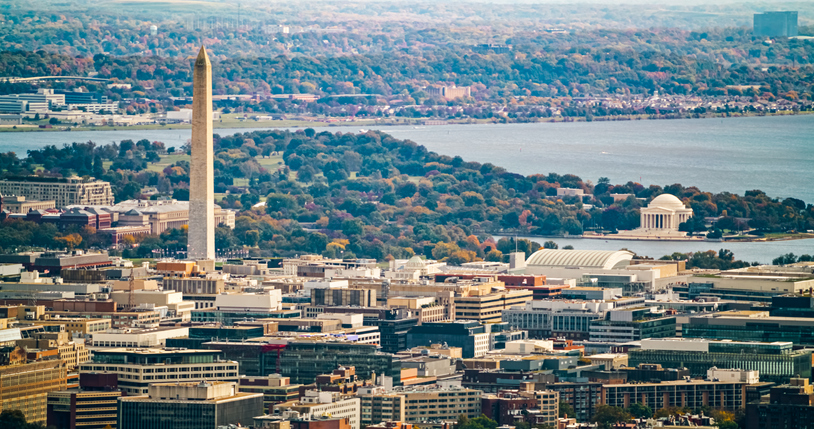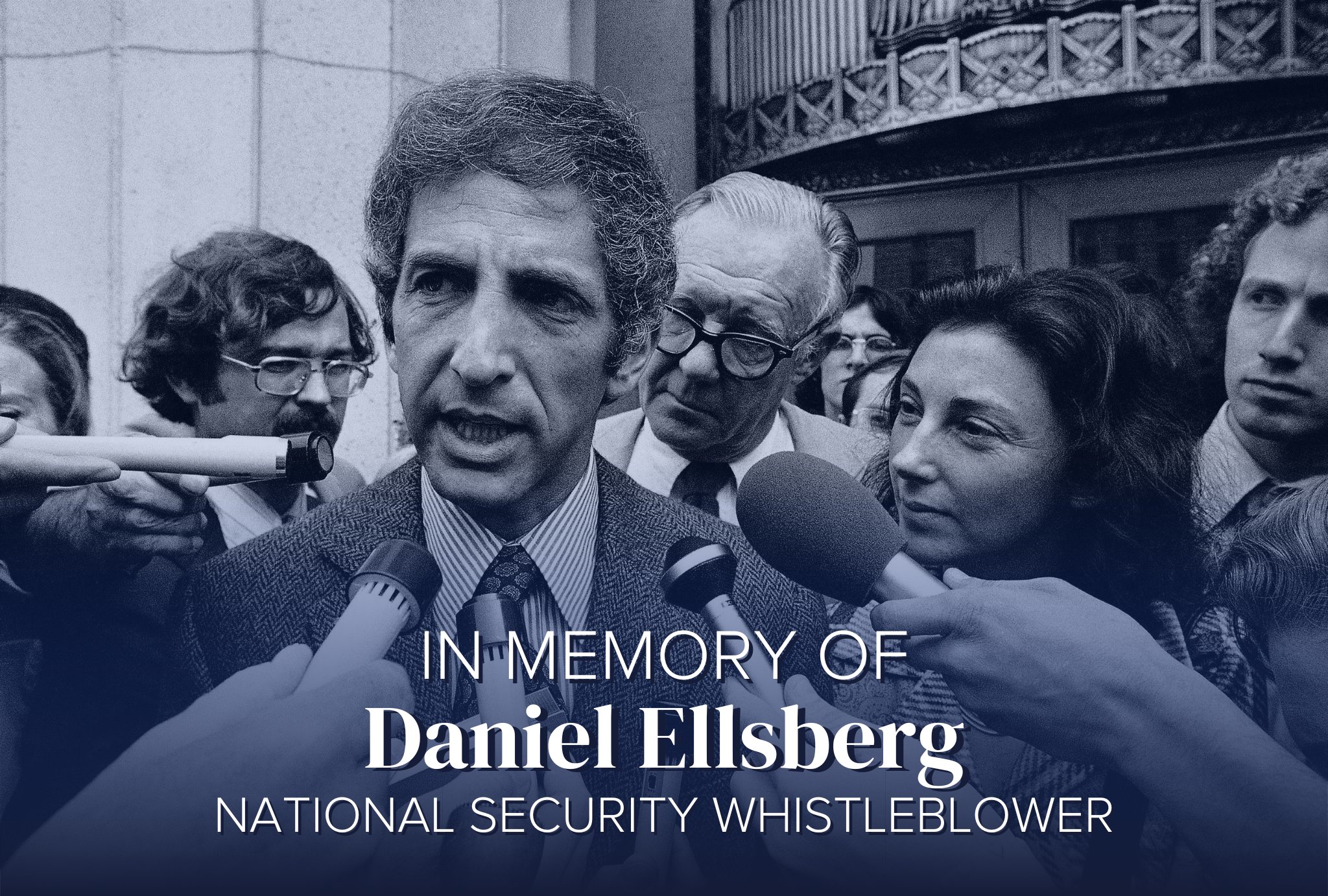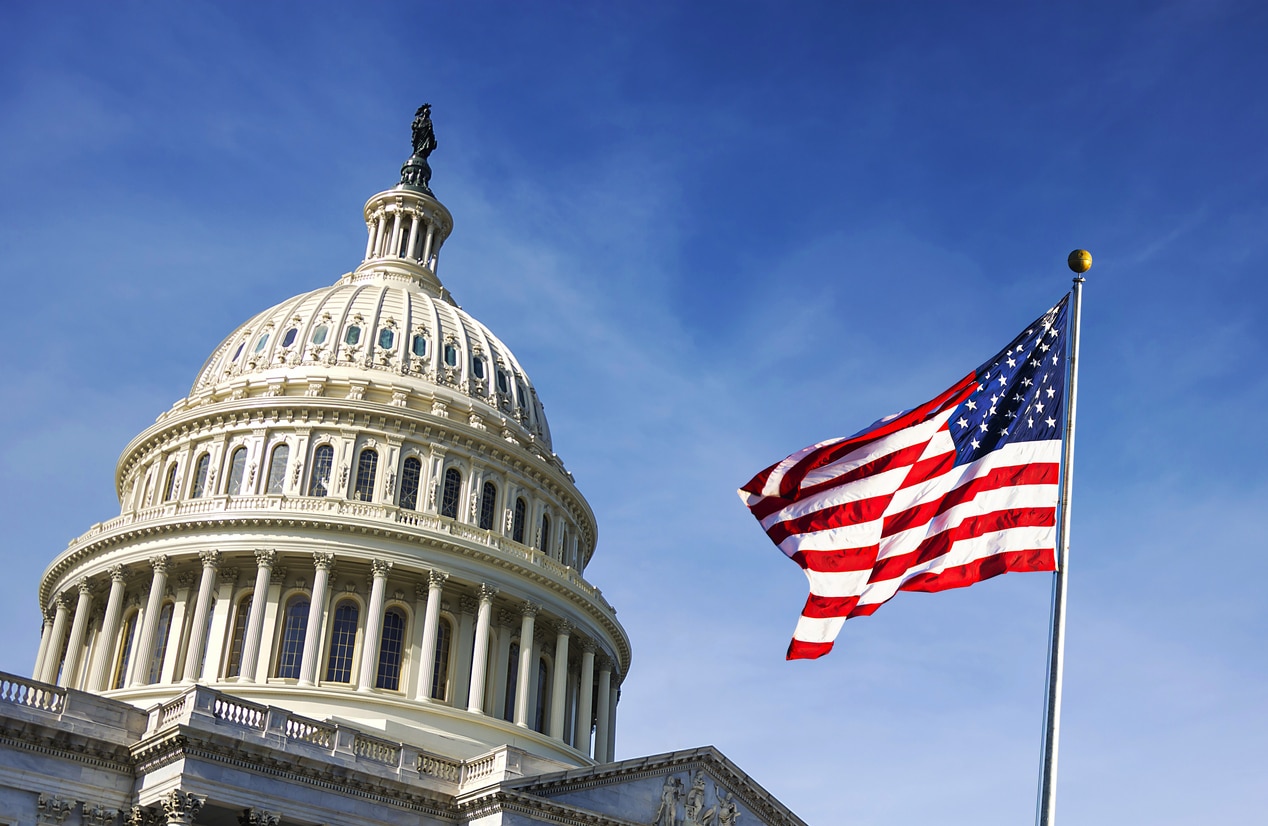May 15, 2025

This information is provided for educational purposes only by Kohn, Kohn & Colapinto and does not constitute legal advice. No attorney-client relationship is created by accessing this content. Laws and regulations may change, and this material may not reflect the most current legal developments. If you believe you have a whistleblower claim, consult a qualified attorney to discuss your specific circumstances.
Can Federal Whistleblowers Raise Concerns About Violations Of Law Or An Abuse Of Authority, Including Violations Committed By The President?
Yes. The Whistleblower Protection Act (WPA) and the Inspector General Act both permit employees to confidentially disclose allegations of wrongdoing to the appropriate authorities, including to Congress. Federal whistleblowers who are members of the Intelligence Community, or the information that is the subject of the federal whistleblower disclosure contains classified information, the employee must follow certain procedures to properly handle classified information to protect national security concerns.
The WPA permits any federal employee to confidentially raise concerns over the following issues with the Office of Inspector General or the Office of Special Counsel:
(A) a violation of any law, rule, or regulation; or (B) gross mismanagement, a gross waste of funds, an abuse of authority, or a substantial and specific danger to public health or safety.
If an employee has a reasonable belief that a violation or any misconduct falling within the scope of the whistleblower statutes has occurred the reporting of that concern to the appropriate authorities is called a “protected disclosure” and the employee is protected by the administrative and statutory scheme to protect federal employee whistleblowers.
What are the confidentiality provisions for federal whistleblowers in the WPA?
Both the WPA and the Inspector General Act require that the identity of federal whistleblowers be confidential and the identity of the employee making the disclosure cannot be disclosed without his or her consent.
Whenever whistleblower allegations covered under the WPA’s definition of a protected disclosure are raised under the WPA’s disclosure provisions, the Special Counsel must maintain the confidentiality of the employee in accordance with 5 U.S.C. 1213(h) which states as follows:
(h) The identity of any individual who makes a disclosure described in subsection (a) may not be disclosed by the Special Counsel without such individual’s consent unless the Special Counsel determines that the disclosure of the individual’s identity is necessary because of an imminent danger to public health or safety or imminent violation of any criminal law.
Under § 1213 of the WPA, federal civil servants can make confidential disclosures. Other provisions of the WPA prohibit retaliation if employees make these protected disclosures. These rights include the ability of the Office of Special Counsel to investigate allegations of reprisal and represent whistleblowers in cases filed against offending departments. Additionally, the WPA permits an federal whistleblower to pursue a private right of action before the Merit Systems Protection Board.
Employees who work in the intelligence community, such as the CIA, NSA or other intelligence agencies, are protected from retaliation under a separate law administered by the Inspector Generals within the intelligence community. A Presidential Directive and an order from the Director of National Intelligence directs that the intelligence community law be administered in a manner consistent with the Whistleblower Protection Act.
What are the confidentiality provisions in the Inspector General Act?
Section 7 of the Inspector General Act requires the OIG to maintain the confidentiality of federal whistleblowers under the same terms as required under the WPA.
Section 7 has three basic components.
First, it permits federal employees to raise concerns to the Inspector General regarding violations of law, an abuse of authority or mismanagement. Subsection “a” states as follows:
- The Inspector General may receive and investigate complaints or information from an employee of the establishment concerning the possible existence of an activity constituting a violation of law, rules, or regulations, or mismanagement, gross waste of funds, abuse of authority or a substantial and specific danger to the public health and safety.
If a federal employee makes a disclosure to the Inspector General regarding potential violations of subsection “a”, their identity must be kept strictly confidential, and only a very narrow exception would apply. The confidentiality provisions state:
- The Inspector General shall not, after receipt of a complaint or information from an employee, disclose the identity of the employee without the consent of the employee, unless the Inspector General determines such disclosure is unavoidable during the course of the investigation.
In addition to protecting an employee’s right to confidentiality, the Inspector General Act also strictly prohibits any reprisal against any employee who raises a protected concern with the Inspector General. The statute states as follows:
- Any employee who has authority to take, direct others to take, recommend, or approve any personnel action, shall not, with respect to such authority, take or threaten to take any action against any employee as a reprisal for making a complaint or disclosing information to an Inspector General, unless the complaint was made or the information disclosed with the knowledge that it was false or with willful disregard for its truth or falsity.
Thus, under the Inspector General Act a federal employee may confidentially raise a concern about a waste, fraud, abuse and violations of law. The law also prohibits retaliation based on these disclosures.
Taking a reprisal against an employee who confidentially makes a protected disclosure is also prohibited as whistleblower retaliation. See Inspector General Act, §§ 7(c) and 8H(i)(C).
The prohibitions against disclosing the identity of a whistleblower who makes a protected disclosure are not limited to the OSC or the Inspector General as the offices receiving the whistleblower’s report of wrongdoing.
Rather, these confidentiality provisions apply government-wide through the applicability of other laws, such as the Privacy Act of 1974, 5 U.S.C. §552a, which prevents the disclosure of any personal information about a person or government employee within a government system of records without that person’s consent. The Privacy Act provisions apply to all whistleblower disclosures and prevent the public release of the whistleblower’s identity by any agency or government official and the Privacy Act contains both civil and criminal penalties if it is violated.
Are there special protections applicable to intelligence community whistleblowers who disclose allegations of an “Abuse Of Authority” by the President of the United States?
Yes. The overarching provision in law protecting the confidentiality of intelligence community whistleblowers is the Inspector General Act. Three provisions of law direct intelligence community whistleblowers to use the protections in the Inspector General Act when raising a concern.
First, the anti-retaliation law directly permits intelligence community whistleblowers to raise their concerns with the Inspector General.
Second, a special law permits intelligence community whistleblowers to “urgent concerns” with the Inspector General, and if the IG confirms that these concerns are “significant,” the IG, not the whistleblower, must alert the House and Senate Intelligence Committees about the allegations and why they may have merit. This provides intelligence community whistleblowers with an added protection against the disclosure of their identities.
Third, the Presidential Directive and an Order of the Director of National Intelligence permit intelligence community whistleblowers to use the Inspector General Act when raising concerns and they also require the whistleblower protections for intelligence community employees to be administered in accordance with the principles and policies that are applicable to regular civil servants under the WPA.
Why did congress provide legal protections for confidential whistleblower disclosures?
In response to a documented record of retaliation against government whistleblowers, Congress amended the whistleblower statutes to enact express confidentiality provisions for whistleblowers. In doing so, Congress recognized that the public identification of a whistleblower without the whistleblower’s consent can lead to serious adverse consequences, including retaliation, damage to reputation, loss of livelihood and career and threats and harassment, including potential physical harm.
Does the president have any responsibilities under the whistleblower statute?
community employees in 2014 the law specifically required that the President shall ensure enforcement of the Whistleblower statute. See, 50 U.S.C. §3234(d). Congress modeled that law on another Whistleblower statute protecting FBI employees, 5 U.S.C. §2303, requiring that the Whistleblower statute be enforced by the President in a manner consistent with Whistleblower protections for regular civil service employees. Additionally, in 2013 a Presidential Directive was issued declaring that Whistleblower rights for employees in the intelligence community must be based on the legal principles and policies applicable to whistleblowers in the regular civil service, and the President is responsible for enforcing those whistleblower rights for intelligence agency employees under the statute.
Does the law protect the confidentiality of the intelligence community whistleblower who file the complaint that triggered the impeachment inquiry concerning president Donald Trump?
Yes. The complaint form filed by federal whistleblowers (and that is used within the intelligence community) directly states that the whistleblower’s identity will remain confidential. This is consistent with the policies and procedures that have long been observed to protect whistleblower confidentiality under the WPA, which the Inspector General Act, the Presidential Directive and other applicable rules require to be followed.
The complaint form also states that the information in the form would be protected under the Privacy Act, which is another law that would shield the whistleblower’s name from disclosure.
The whistleblower disclosures would also be fully protected under the laws cited above, which likewise would guarantee confidentiality, even if the complaint form itself did not.
David Colapinto, whistleblower attorney at Kohn, Kohn & Colapinto, testified in front of the House Subcommittee about the importance of protecting federal whistleblowers. Read his testimony: “Hearing on the Importance of Federal Whistleblowers”
Our Firm’s Cases
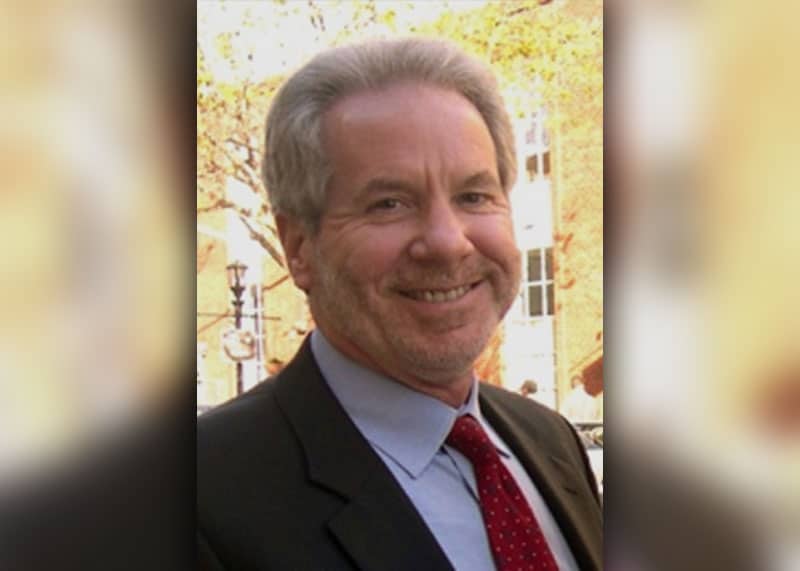
Setting Precedent: Banning NDA's Under Dodd-Frank
Harry “Hap” Barko, Jr., a former contract administrator for KBR in Iraq, discovered that Halliburton/KBR and other contractors inflated the costs of construction services on military bases in Iraq.
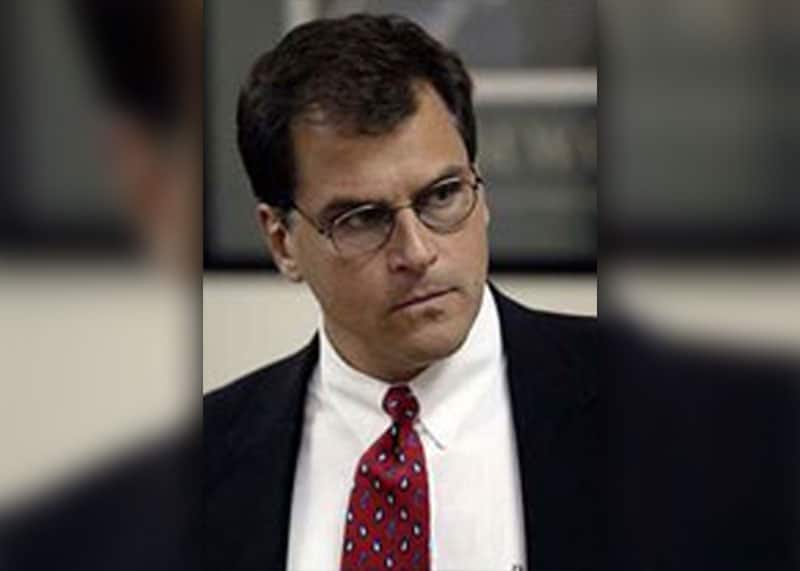
Justice Against Retaliation
After successfully prosecuting the first terrorism case after 9/11, former prosecutor Richard Convertino reported DOJ misconduct to the Senate, leading to his dismissal and a subsequent indictment for obstruction of justice, of which he was acquitted.

Justice Against Retaliation
After discovering and reporting falsification of time records by FBI officials, operations manager Robert Kobus, despite a distinguished 34-year career, endured nine years of retaliation before his case was resolved.
Relevant FAQs
Latest News & Insights
June 20, 2023
Related Media
Federal Employee Whistleblowing
Interview with David Colapinto
